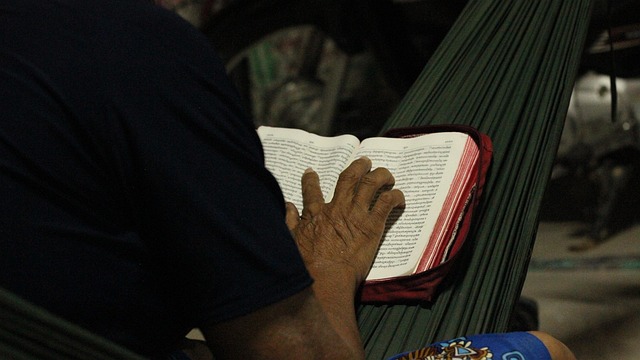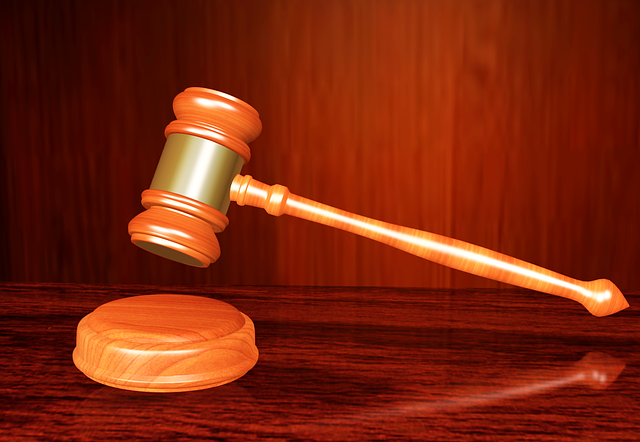In recent years, environmental crime trials have gained global attention due to growing concerns over corporate impacts on the planet. Legal systems worldwide are adapting to address ecological misconduct, with prosecutions targeting corporations and individuals for issues like deforestation, pollution, climate change denial, and biodiversity loss. Understanding consumer rights in civil litigation is crucial as consumers seek justice for environmental harm. This approach empowers clients to hold perpetrators accountable, deter future offenses, and promote sustainable business practices by focusing on compensation and prevention rather than punishment. Lawyers navigate complex data and scientific findings to expose environmental misconduct, leveraging expert witnesses, regulatory records, and case studies to establish corporate liability and foster environmental stewardship.
In an era where environmental degradation is a pressing global concern, environmental crime trials are gaining momentum worldwide. This article explores the rise of these significant legal proceedings from a global perspective, delving into their impact on consumer rights and civil litigation. We examine how understanding consumer rights in civil litigation can uncover corporate liabilities, with a focus on evidence gathering and innovative legal strategies. By analyzing real-world cases, we highlight the evolving role of environmental law in holding corporations accountable for their actions.
- The Rise of Environmental Crime Trials: A Global Perspective
- Consumer Rights and Environmental Litigation: A Focus on Civil Cases
- Uncovering Corporate Liabilities: Evidence and Legal Strategies
The Rise of Environmental Crime Trials: A Global Perspective

In recent years, environmental crime trials have gained significant global attention, reflecting a growing concern over the impact of corporate actions on our planet. As environmental degradation becomes an increasingly pressing issue, legal systems worldwide are adapting to address these novel challenges. This shift is marked by a rise in prosecutions targeting corporations and individuals accused of ecological misconduct, with trials spanning various jurisdictions. From deforestation and pollution to climate change denial and biodiversity loss, these cases delve into the complex web of corporate responsibilities and consumer rights.
Understanding consumer rights within civil litigation plays a pivotal role in these trials. As consumers become increasingly aware of their environmental impact, they are empowered to seek justice for ecological harm. Across the country, legal battles have emerged where clients assert their rights against companies responsible for environmental damage. These cases not only aim to hold perpetrators accountable but also serve as deterrents, potentially avoiding indictment and promoting sustainable business practices.
Consumer Rights and Environmental Litigation: A Focus on Civil Cases

In environmental crime trials, understanding consumer rights in civil litigation plays a significant role in holding companies accountable for their actions. Consumer rights are protected through various legal mechanisms, enabling individuals to seek justice when they have been harmed by environmentally hazardous products or practices. These civil cases often focus on compensating victims and preventing future violations, rather than just punishment. By involving consumers directly, these lawsuits create an unprecedented track record of holding corporations responsible for their environmental impact, serving as a powerful deterrent across the country.
When consumers file litigation against companies that have harmed the environment, they are not necessarily seeking indictment or criminal charges. Instead, they aim to secure monetary damages for their losses and ensure that the company takes corrective actions to mitigate further environmental damage. This approach has proven effective in numerous cases, showcasing an unprecedented ability to make corporations take responsibility for their actions, based on a solid understanding of consumer rights in civil litigation.
Uncovering Corporate Liabilities: Evidence and Legal Strategies

Uncovering Corporate Liabilities: Evidence and Legal Strategies play a pivotal role in Environmental Crime Trials, where understanding consumer rights in civil litigation is key. In these cases, evidence gathering is complex, often involving intricate financial records, scientific data, and witness testimonies. Lawyers for their clients must navigate through mountains of documentation to identify patterns of environmental misconduct and demonstrate corporate responsibility.
Strategic legal approaches include employing expert witnesses who can interpret complex data, utilizing regulatory compliance records to expose negligence or intentional violations, and presenting case studies highlighting the impact on local communities and ecosystems. The goal is not only to secure a complete dismissal of all charges but also to ensure that corporations are held accountable for their actions, fostering a culture of environmental stewardship and protecting consumer rights in future litigation.
Environmental crime trials are a growing global phenomenon, with consumer rights and civil litigation playing a crucial role in holding corporations accountable for their environmental liabilities. By examining cases from around the world, we gain insights into effective legal strategies for uncovering corporate misconduct. Understanding consumer rights in civil litigation is essential to fostering a more sustainable future, ensuring that businesses operate responsibly and face consequences for damaging our environment. This comprehensive overview highlights the importance of continued legal advocacy and public awareness in the fight against environmental degradation.






